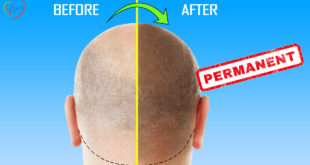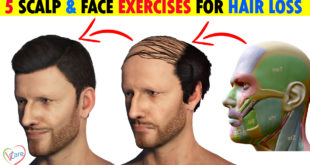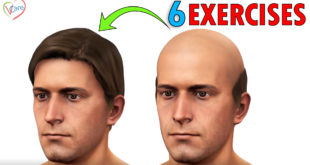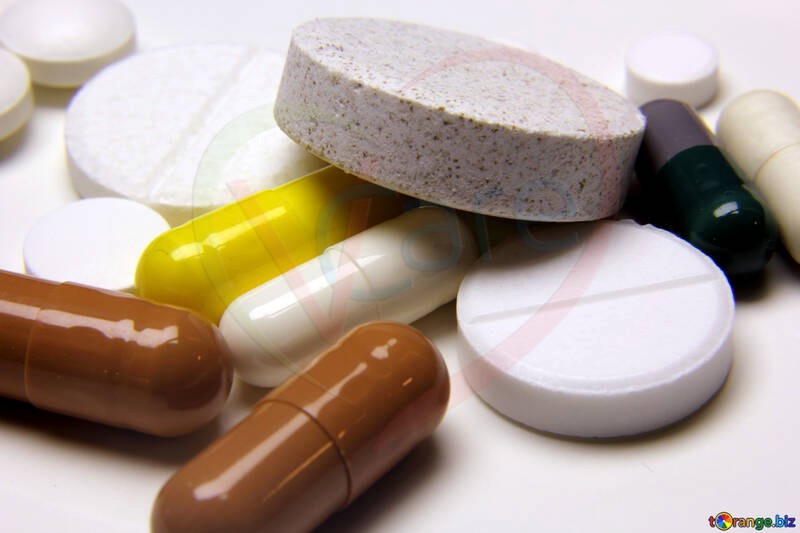I am sure nearly everyone of us have suffered or suffer from a pimple outbreak at some point in life. In this episode, we will quickly learn about what causes this Acne or pimples. And understanding this is very important for acne treatment and get rid of acne or prevent it from coming back. Please follow this episode till the end and you will never have to google again for acne related information.
But before we start, please take a moment to click on the Subscribe button as well as the bell icon next to it so that you receive notification whenever we add another useful episode.
So, Lets begin with the basics!
Acne or Acne vulgaris is one of the most common skin disease worldwide. It can occur anywhere in the body, but most common on face, shoulders, back, neck, chest, and upper arms.
Whiteheads, blackheads, pimples, cysts, and nodules are all types of acne. I can occur at any age but most common in teenage.
So What Causes Acne?
Acne is mainly a hormonal condition caused by androgenic hormones mainly testosterone, which typically become active during the teenage years. These Hormones stimulate or activate your oil glands aka sebaceous glands to produce oil or sebum. Oil is good and lubricates and protects the skin.
Acne happens when the openings of these oil glands are blocked by cells and debris. Due to this block, there is stasis or accumulation of oil within the gland which gets infected by the bacteria and this results in acne eruptions.
Factors that influence acne formation:
- Hereditary factors may be considered specially if your blood relatives had severe acne in some point of time in their life.
- Foods: Studies show dairy products and high glycemic foods, can trigger acne. High glycemic foods are those that increase your blood sugar levels. Here I would like to clarify one commonly asked question or rather a Myth that everyone believe – Do chocolates cause Acne?. Infact there is no scientific evidence about this. May be the sugars are responsible for this, specially if you eat a lot of chocolates.
- Dirt and Sweat: Too much oil attracts dirt that can clog the pores and worsen acne. Sweat as such is not responsible for acne. But oil and sweat can trap dirt and block the openings and indirectly cause acne. Its recommended to wash your face twice a day. And excessive washing may result in too much dry skin.
- Cosmetic products: Makeup is often comedogenic or acne-forming, so be careful while choosing cosmetics. Always choose cosmetic products labelled as non-comedogenic. Comedogenic are those that block the pores or openings of oil glands.
- Aggravating Factors include: Fluctuating hormonal levels at the time of menstruation, Anxiety and Stress and also Manipulating or picking or squeezing pimples are aggravating factors.
Treatment Part which needs to be done really in a smart way depending on the severity of your acne. But before this, We will quickly list out few preventive steps to be applied to avoid or even to reduce your acne.
- Wash your face not more than twice a day with warm water and mild soap.
- Never scrub the skin at any cost, this can spread infection and make it even more worse.
- Do not touch them or squeeze them out.
- Frequently clean daily use objects like your phone or spectacles so that they do not spread infection or worsen the problem.
- Keep your head hair clean and avoid using oily products.
- Avoid excessive sun exposure, as it can cause the skin to produce more sebum – that is oil.
- Avoid Stress and Anxiety – this can increase production of cortisol and adrenaline hormones which can aggravate acne.
- Try to keep yourself cool and dry in hot and humid climates, to prevent sweating.
Now Finally we will look into the treatment Part. For this we need to classify acne into:
Mild,
Moderate and
Severe Acne.
MILD ACNE: can be treated with over-the-counter medications, such as gels, soaps, creams, and lotions, that are applied to the skin. Creams and lotions are best for sensitive skin. Alcohol-based gels dry the skin and are better for oily skin.
These Medications may contain one or more of these agents like: Resorcinol, Benzoyl peroxide, Salicylic acid, Sulfur and so on.
MODERATE TO SEVERE ACNE: Consulting with your dermatologist should be the first option. They may prescribe the same medications used to treat milder acne but at higher strength. The options may include:
- Oral Antibiotics like Erythromycin or Tetracycline.
- Oral Contraceptive pills are also one of the treatment options for acne in women.
- Antimicrobial Ointments like clindamycin and sodium sulfacetamide.
- Finally the strongest of all is Isotretinoin –which is a strong, oral retinoid, used for the treatment of severe cystic acne and severe acne that has not responded to other medications and treatments. But this has to be strictly taken after consulting with your dermatologist.
Consider Subscribingif you are new to our channel. Stay Healthy!
 AlopeciaRx – Treatments for Alopecia (Hair Loss & Baldness) The Virtual Care Hospital
AlopeciaRx – Treatments for Alopecia (Hair Loss & Baldness) The Virtual Care Hospital




